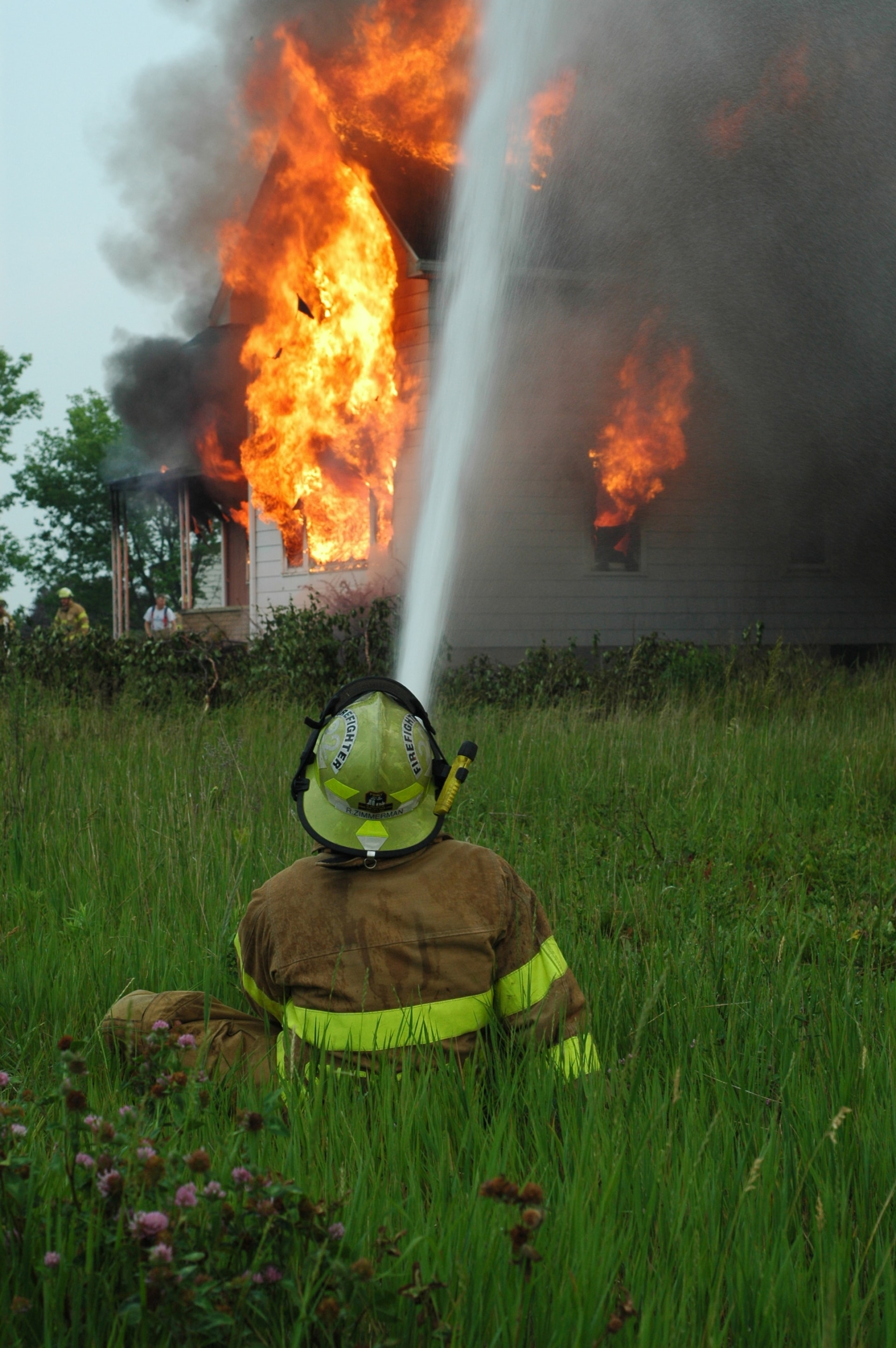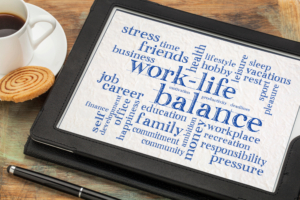No one likes to think about emergency situations, but the truth is, they can happen to anyone at any time. Will you get caught off guard? That’s why it’s so important to have an emergency plan in place for you and your family. By taking some time to sit down and thoughtfully consider what you would do in a variety of different situations, you can ensure that everyone knows what to do and help reduce the chaotic nature of an emergency situation.
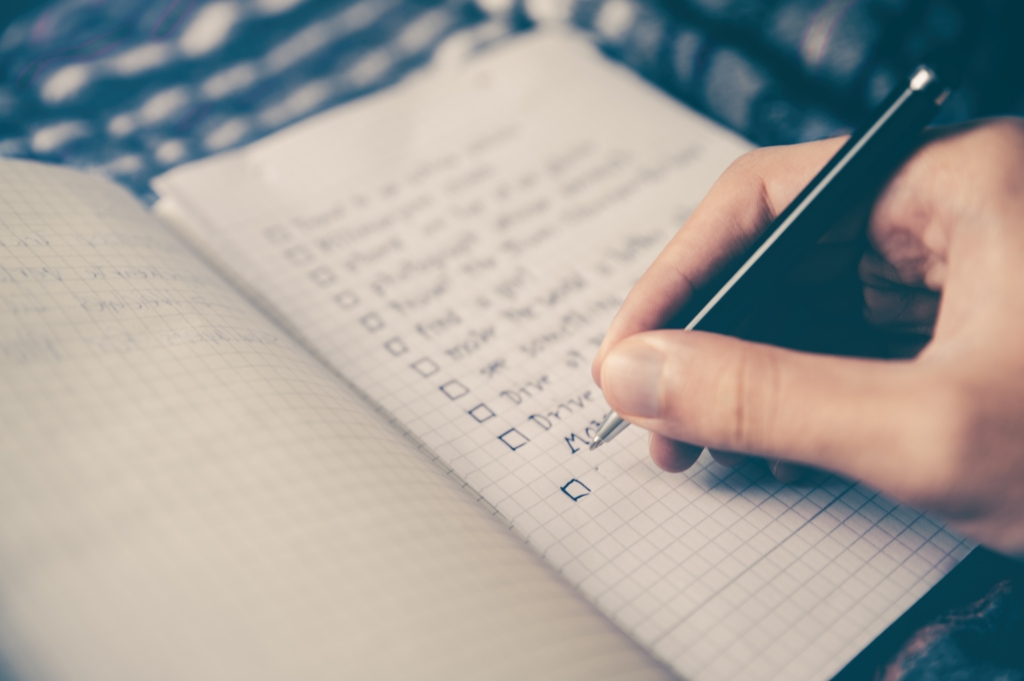
It’s important to be prepared for the worst. Whether it’s a fire, a flood, a power outage, or a medical emergency, having a plan in place can help you and your family stay safe. Perhaps there is a natural disaster that is common in your area, such as a hurricane or tornado. Or maybe you live in an urban area where crimes like burglary or carjacking are more common. Whatever the case may be, it’s always better to be prepared for anything than to be caught off guard. Here are some tips for creating an emergency plan that will work for you and your family.
In addition to reducing chaos, having an emergency plan can also help reduce stress. If you know what needs to be done in a given situation, you won’t have to waste time trying to figure it out when things are already hectic. And if everyone in your family knows the plan, they can Pitch in and help with whatever needs to be done.
Many people don’t realize that when certain healthcare services such as Skilled Home Health Care begins to service you, Medicare mandates to these companies that the “patient” must have an emergency plan in place at the start of their care. If you don’t have one, the home health nurse will need to work with you to put one together. It will save you a lot of time and will allow the nurse to focus on your healthcare if you have a plan already in place.
How will you get out of your house in an Emergency? What will you need to take with you? Are you a diabetic that will need to have your insulin or glucose or emergency sugar source with you? Do you have asthma or COPD and you need to make sure you take your inhalers? What if you have to leave your house in a hurry? What will you do if you are on oxygen? What is your emergency exit plan to get out of your home in case of a fire? What will you do if the electricity is out for an extended period of time? Can you get out of your home by yourself, or will you need help?
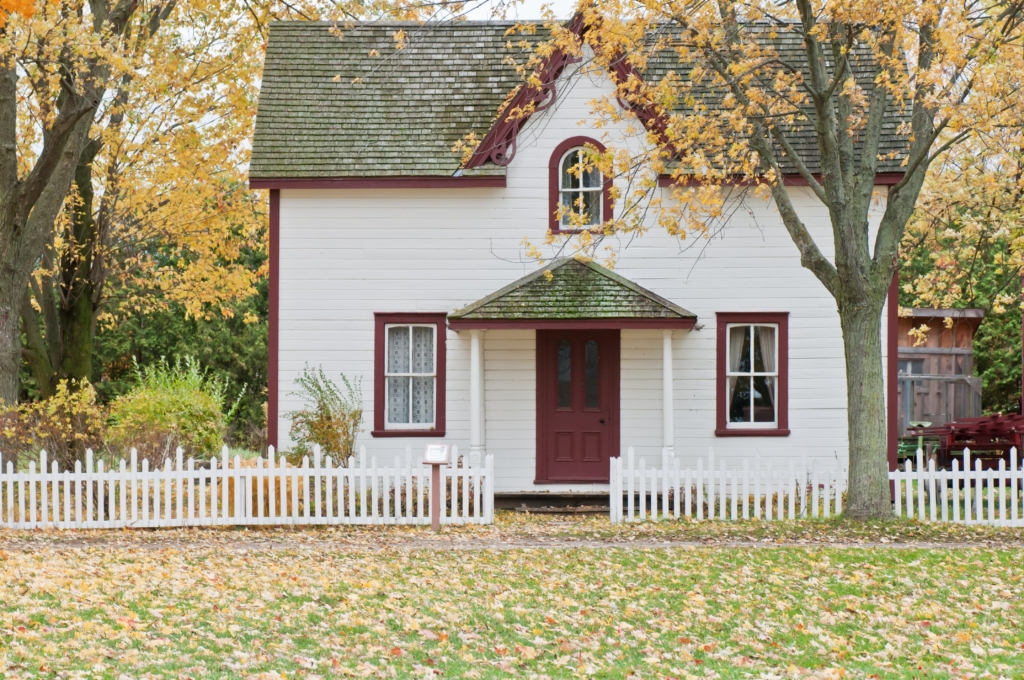
If you cannot get out of your home unassisted, are you ever left alone? Your Nurse Advocates can assist you with putting a plan in place and give you peace of mind knowing you are prepared. We offer a free up to 30 minutes consultation to see if we are a good fit with each other and you find value in our services. You can reach out Your Nurse Advocate Free 30 Minute Consult. We have a special going on for the month of November 2022 for anyone getting a free consult in the month of November we will add you into a drawing for one of 3 Amazon Gift Cards. You can click the link to learn more.
Emergency plans are not just for medical emergencies. This is an entirely different topic and for more information about that here is the link to our blog post dedicated to “Medical Emergencies”. Another great tool we have is our Free Checklist “11 Signs Your Aging Parent May Need Help in the Home”
How to Create an Emergency Plan
The first step in creating an emergency plan is to identify potential hazards that could occur where you live. This will help you identify what type of emergencies you need to plan for. Once you’ve identified potential hazards, you can begin creating your emergency plan.
As you create your plan, be sure to include specific instructions for each member of your family. Assign someone responsible for each task that needs to be completed, such as turning off the gas or ensuring that everyone has their ID and medications with them. And don’t forget to practice! Run through your emergency plan regularly so that everyone knows what they need to do and so that it becomes second nature. Here are the steps.
1. Assign Responsibilities:
Figure out who will be responsible for what. In an emergency, it’s important to have a clear idea of who will be responsible for which tasks. For example, who will call 9-1-1? Who will gather essential items? Who will check on the elderly or disabled members of the family? By having a plan in place ahead of time, you can avoid confusion and ensure that everyone knows what they need to do.

2. Choose a Meeting Place:
In the event of an emergency, it’s important to have a central meeting place where everyone can regroup. This could be a nearby park, a friend’s house, or even a landmark like a large tree or statue. If possible, choose a spot that’s close to your home but also easy to find. Once you’ve selected a meeting place, make sure everyone in your family knows where it is and how to get there. Consider choosing two places to meet. If you get separated from your family during an emergency, it’s important to have a plan for how you will find each other again. Choose two different places to meet—one nearby and one farther away—and make sure everyone knows where they are. That way, if your first meeting place is inaccessible or unsafe, you have a backup option.
3. Create an evacuation plan.
If you need to evacuate your home in an emergency, it’s important to have a plan in place. Decide on two evacuations routes—one primary and one secondary—and make sure everyone in the family knows the routes by heart. It’s also a good idea to map out the routes beforehand so you can visualize them more easily. And don’t forget to include pets in your evacuation plans! They’re part of the family too.
This becomes one of the big challenges with us as we age. Our mobility begins to decline. Most often home health care or home supportive services will not take you on if you cannot get out of the house safely in an emergency. That is just too much risk and responsibility for the agency. In case there was a fire how would you be able to get out of the house. What route would you use. What would your exit plan look like? These are all things to take into consideration as you make your emergency plan.
I remember as a former home health R.N. if our patient did not have an emergency plan in place, we would have to work with them and their family to create one. This is not something you can just “whip” up. It takes thought, preparation and planning with all parties involved to have a solid plan in place. The bottom line are you or your loved one safe at home? Your Nurse Advocates firmly believe everyone has the right to stay in their home for as long as safely possible. Part of what we do is to help you put plans in place to allow this to occur. We help you find the resources and tools to make this happen. You or your loved one’s part is to be able to get out of the house promptly in case of an emergency. Sometimes this will require someone else to live with you that can assist you if you are not 100% able to do this on your own. It only becomes a problem when you live alone, and you can get out on your own abilities.
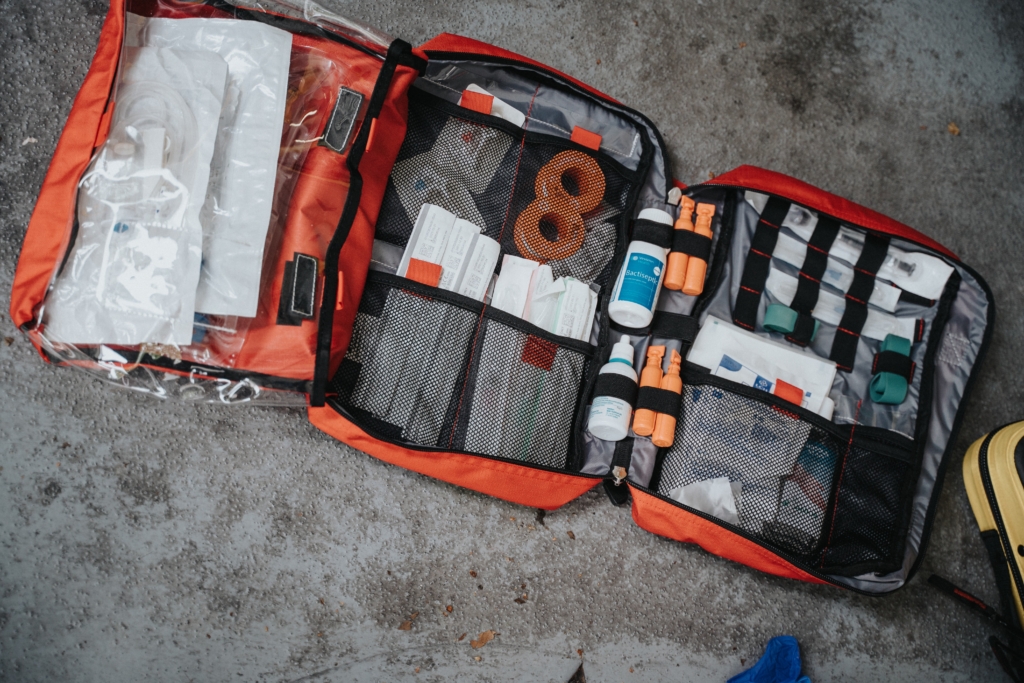
4. Pack an emergency kit.
Another key element of emergency planning is having an emergency kit on hand. This should include basic necessities like food, water, and first-aid supplies, as well as any important documents or medications you might need. Keep the kit in an easily accessible location so you can grab it quickly if you need to evacuate. And if you have small children, be sure to include items like diapers and formula in your kit too.
Think about the possible types of emergencies that can occur in your area. Fire, Earthquake, Flooding, Hurricane, Tornadoes, Severe Snowstorms, etc. What will you need to take with you if you have to leave your home for a few days? What will you do if the power is out for an extended period of time? Do you have a generator? What if you are on home oxygen and your concentrator doesn’t work because the electricity is out?
What medications or supplies will you need to have ready to go in case of an emergency? Do you have an emergency “Go Bag” ready at a moment’s notice or do you have a checklist of things you can gather quickly? Based on your health or medical condition your needs may be very different from someone else. Take the time to prepare. No one can prepare you for the emotional trauma that you may experience due to a catastrophic emergency, but you can make sure you have everything you need to take care of yourself as things get sorted out. Take that bit of stress away by being prepared.
Make sure you have your health emergency file with you we discussed in our last blog post. I will post it at the end of this blog post in case you didn’t see it before. These two articles go hand in hand to help you prepare for an emergency. Your medical information will be very handy if you need to replace medications or other heath related supplies.

5. Practice your plan.
Once you’ve created your emergency plan, it’s important to practice it so that everyone knows what to do and how to react in an emergency situation. Make sure to practice regularly so that everyone stays up to date on the latest changes to the plan.
This is very important to practice and review the plan. Practice makes perfect and practice also builds the habit that if something does occur you can react by memory from repetition, and it will seem almost “automatic” on what you are supposed to do. Less thinking and more reacting will occur. You will be able to make quicker decisions to keep everyone safe.
Keep your important documents in a fireproof/flood proof container or consider getting a safe deposit box outside of your home to keep important documents safe. We have included a link with forms you can fill out and make this process a little easier. You can see that link below under resources.
Emergency planning may not be the most pleasant topic to think about, but it’s definitely something every family should do. An emergency can happen anytime, anywhere—so it’s important to be prepared. By having a plan in place, you can help ensure that you and your family stay safe in the event of an emergency. Take some time today to sit down with your family and create an emergency plan that will work for you. And don’t forget to practice regularly! No one ever wants to think about being in the middle of an emergency situation, but the truth is, they can happen anytime, anywhere. That’s why it’s so important to have an emergency plan in place for you and your family. By taking some time now to thoughtfully consider what you would do in a variety of different situations, you can help reduce the chaotic nature of an emergency situation and ensure that everyone knows what to do.
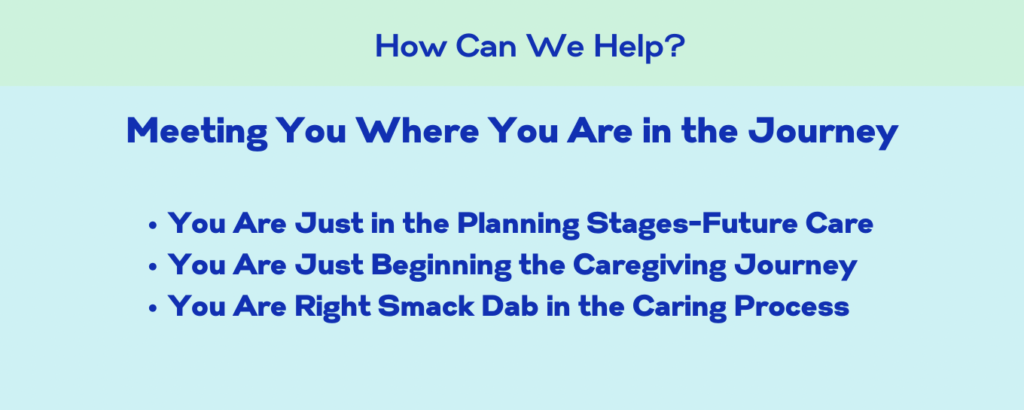
Thanks for taking time out of your busy schedule to spend a few minutes with us. See you back here soon! Don’t forget to get on our email list to find out about the latest resources, blog posts, and videos to keep you informed and up to date. We will send you are free checklist “11 Signs Your Aging Parent or Spouse May Need Help in the Home.”
Pam and Linda
Your Nurse Advocates
Resources: https://www.ready.gov/plan This website has a lot of tools and fill in the blank forms for the do it yourselfers.
Medical Emergency Blog Post:

